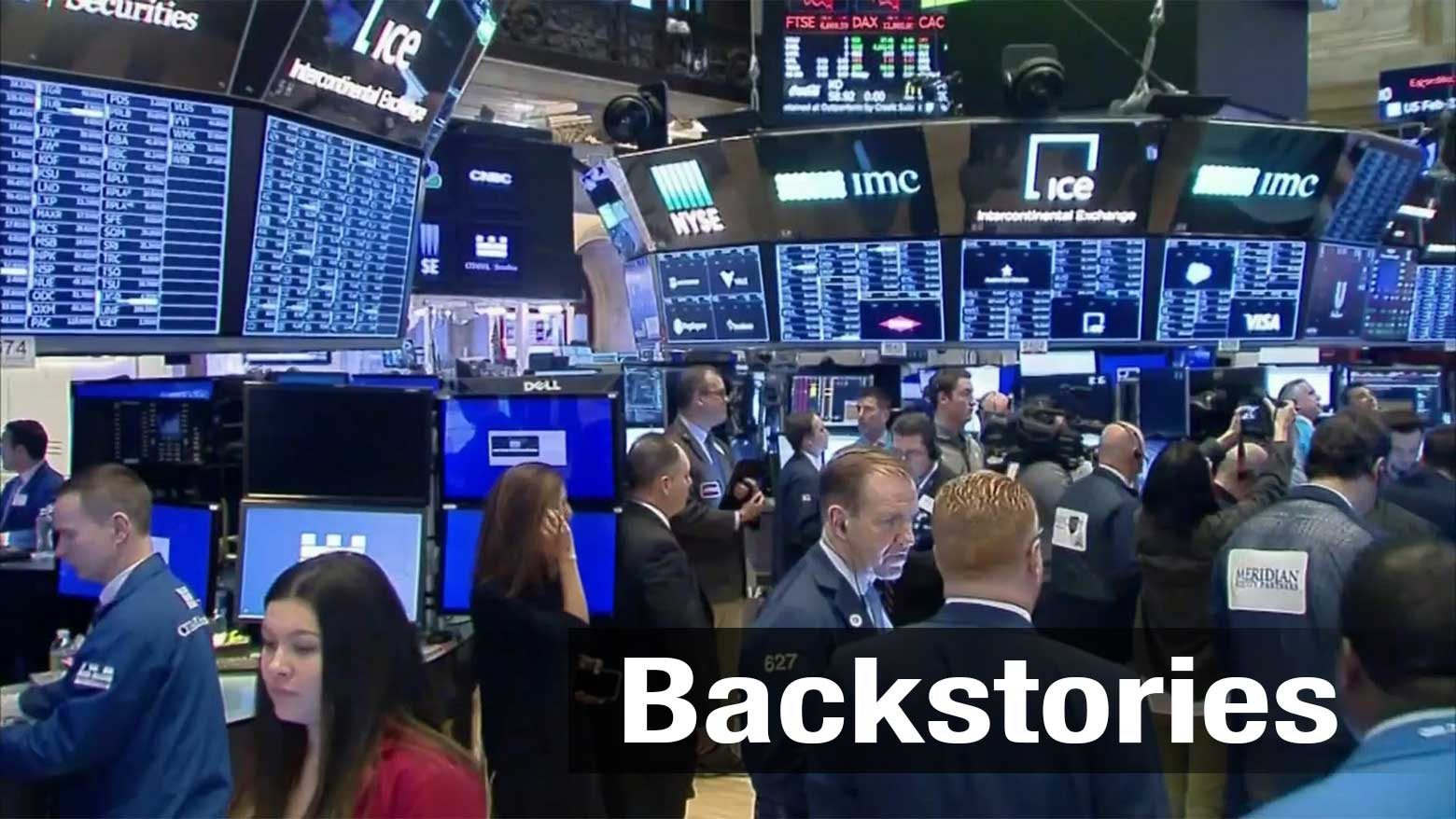Markets around the globe have been extremely volatile in the past 2 weeks, and experts don't expect them to stabilize any time soon.
With the virus spreading fast in Europe, the Middle East and the US, it’s no longer a "Chinese crisis" or an "Asian crisis." It has become an immediate threat to the entire world.
Chinese President Xi Jinping called off the National People’s Congress that was scheduled for this week without setting a new date. That only raised fears about when the outbreak will be contained.
US firms including Apple and Microsoft warned investors that the firms do not expect to meet their previous forecasts because of the virus.
Stock markets in Tokyo and New York began a nosedive. The Dow Jones Average lost 12 percent in just one week.

Finance ministers and central bankers of the G7 group of nations hastily held a conference call on Tuesday and released a joint statement assuring that they would use "all appropriate policy tools to achieve strong, sustainable growth and safeguard against downside risks."
The US Federal Reserve then held an emergency meeting and decided to cut its key interest rates by half a percentage point to prevent a slowdown.
But even that didn’t stop the stock markets from tumbling. The Dow Jones dropped more than a thousand points after Fed Chairman Jerome Powell began speaking at his news conference.
The European Central Bank did not follow the Fed's lead, and G7 countries failed to come up with any specific measures to address the crisis, so investors fear the worst is yet to come.
And the recent global economic outlook from the OECD suggests the prospects are grim.
Even under the best-case scenario that the coronavirus is broadly contained with limited outbreaks outside China, economists have downgraded the global economic forecast for 2020 from an already weak 2.9 percent to 2.4 percent. Growth prospects for Japan and China were lowered to 0.2 percent and 4.9 percent respectively from 0.6 percent and 5.7 percent in the previous forecast.
If there is broader contagion across the Asia-Pacific region and in advanced economies, the global economic growth could sink as low as 1.5 percent this year. That’s half the previous projection from last November. Japan and the euro area is expected to be hit by a recession in that scenario.
Analysts in Tokyo are becoming more fearful that Japan could suffer an even bigger blow than China.
The Sumitomo Mitsui Trust Research Institute, which offers analysis to real estate and securities investors, says the tourism industry is likely to take a big hit, with the number of Chinese visitors to Japan dropping by 1.35 million in 2020. With other nationalities included, the number leaps to more than 3.1 million.

Japan's automakers are being hit by disruptions to the supply chain, as factories in China making LCD panels and sensors have scaled back or closed.
Exports are expected to decline, and employees of Japanese firms around the world are being restricted by stronger quarantine measures, preventing easy travel to or from Japan.
But the biggest problem for Japan will be the impact on personal consumption. As the country moves to limit the outbreak, the government has asked organizers not to hold large-scale events and asked local authorities to close schools. Restaurants, hotels and entertainment facilities are receiving significantly fewer guests.
Japanese think tank Daiwa Institute estimates that the coronavirus will cut personal spending by 3.8 trillion yen. That would be a 50% bigger impact compared to right after the earthquake and tsunami in 2011.
More experts are now convinced that the country will fall into a technical recession in the January to March quarter this year following a disastrous October-December period due to a consumption tax hike and hurricanes.
Fiscal and monetary policies will not be the remedy to the coronavirus outbreak. But there are things that countries can do to ease the pain.
First, they must work with each other.
After the global financial crisis in 2008, countries worked swiftly to prevent an economic collapse. Major central banks, including the FRB, the European Central Bank, and the Bank of Japan, coordinated their interest rate cuts to keep the money flowing.
That's not what we are seeing this time.
Top Chinese officials skipped the G20 meeting in Saudi Arabia late last month.
The Japanese government is trying to compile an economic package worth around 270 billion yen, or 2.5 billion dollars. It plans to finalize the package next week.
But the scope of people who need support is already vast, from dairy farmers who fear the school shutdowns will hurt their earnings, to hotels facing a wave of cancellations, to small and mid-size businesses worried about whether their financing will be sufficient.

